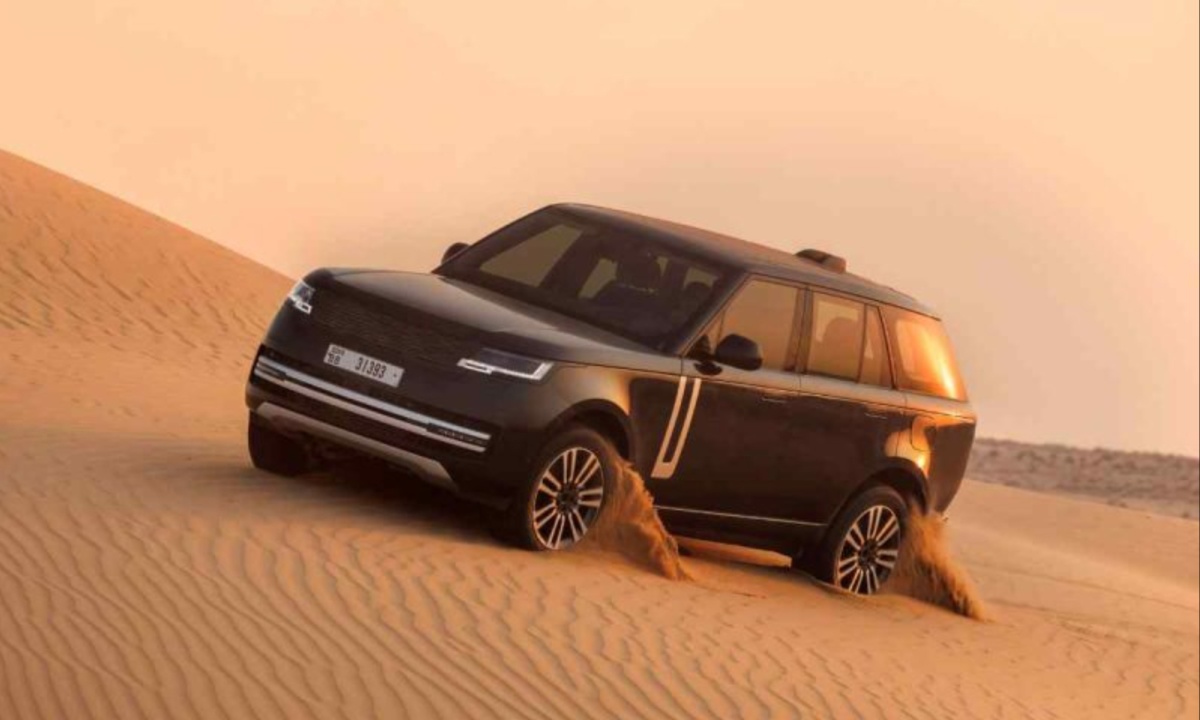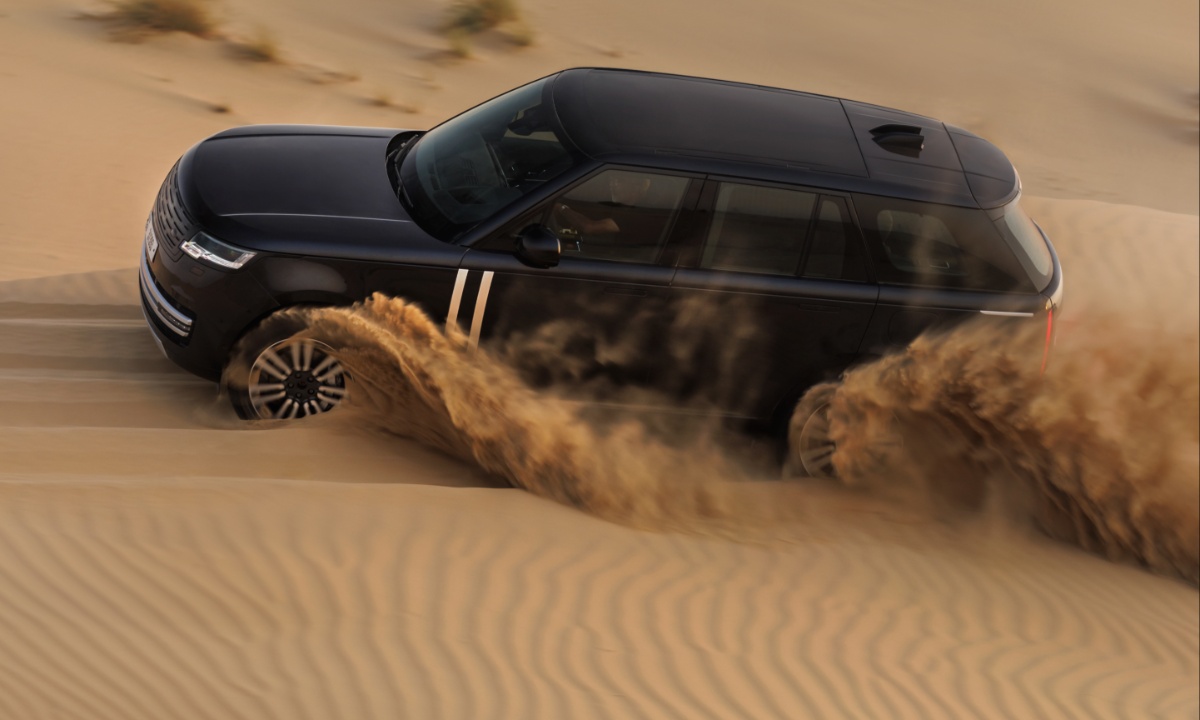Jaguar Land Rover (JLR) is actively working on the electric evolution of its premium SUVs, notably testing the electric Range Rover in extreme desert conditions in the UAE. This process involves driving through intense heat, reaching up to 122 degrees Fahrenheit, and tackling challenging terrains like dunes. While the modern Range Rover has evolved into a luxury icon, its off-road capability remains a central feature, even if most buyers rarely explore such features. The brand’s commitment to maintaining this dual identity—luxury and rugged performance—underscores its core philosophy.
Land Rover, a brand established in 1948 by the Rover Company, exclusively manufactures SUVs. Now part of JLR under Tata Motors’ ownership since 2012, Land Rover operates three sub-brands: Discovery, Defender, and Range Rover. Each line caters to different markets, with Discovery appealing to mainstream SUV buyers, Defender excelling in off-road adventures, and Range Rover epitomizing luxury. Despite its high-end focus, Land Rover ensures its vehicles remain highly capable off-roaders, preserving their legacy.

The electric Range Rover faces significant challenges as extreme heat strains electric vehicle (EV) batteries, causing reduced efficiency and capacity. High temperatures can degrade battery performance by up to 30 percent, making thermal management systems critical. To address this, Range Rover’s engineers have developed advanced cooling and climate control systems, designed to maintain cabin comfort and battery optimization under harsh conditions. This dual optimization ensures that the EV can handle demanding terrains while delivering consistent performance.
Key innovations in the electric Range Rover include the Intelligent Torque Management system, which minimizes torque reaction times to just one millisecond, ensuring precise power distribution. The desert environment, particularly Sharjah’s Big Red dune formation, serves as a rigorous testing ground for these technologies. Big Red, known for its 300-foot-high fine sand dune, is a benchmark for testing vehicle durability. The Range Rover EV has successfully demonstrated its capability by repeatedly completing the ascent without performance degradation.
These tests highlight JLR’s efforts to ensure the electric Range Rover meets the performance standards of its internal combustion engine counterparts or even exceeds them. Innovations such as AI-based range optimization and enhanced traction control reinforce the vehicle’s suitability for luxury and adventure. The brand remains focused on blending cutting-edge technology with its heritage of rugged off-road capability, ensuring that the Range Rover Electric appeals to its discerning and demanding customer base.

